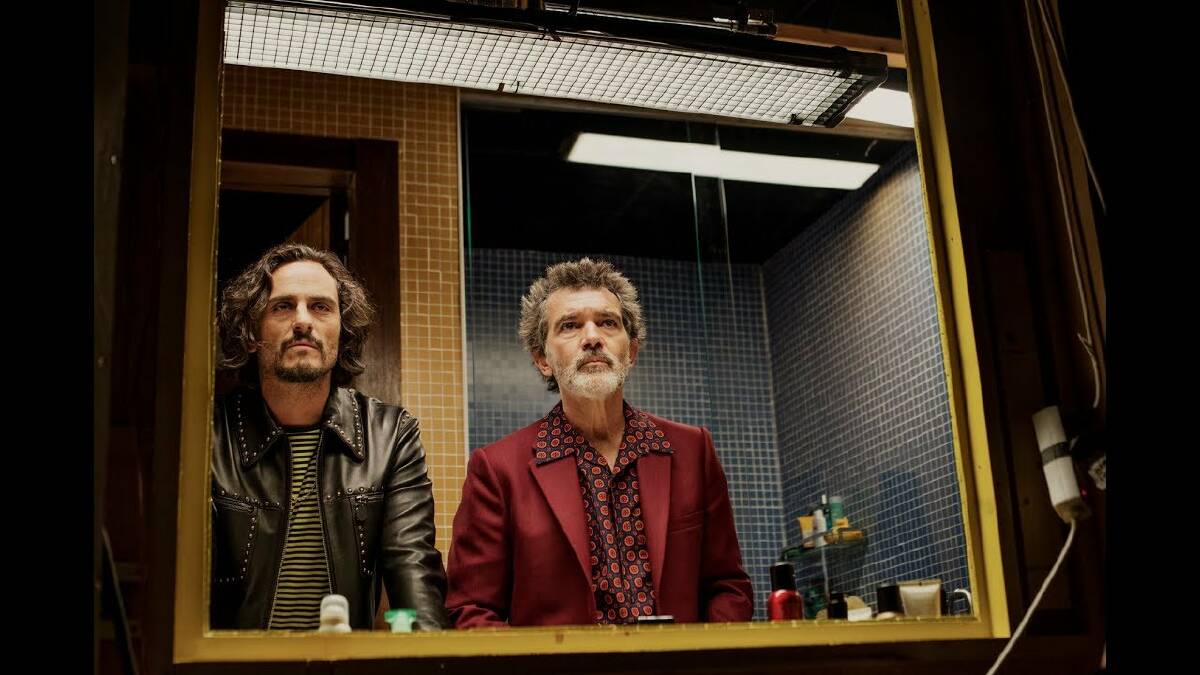Art for art's sake is a phrase with which we are familiar, if only as the motto for film studio MGM. It suggests that artistic pursuits do not have purposes dictated by politics, religion, morality or other institutionalised beliefs.
Subscribe now for unlimited access.
$0/
(min cost $0)
or signup to continue reading
Art is complete in itself.
That's the dilemma facing ageing renowned Spanish film director Salvador Mallo (Antonio Banderas) in Pedro Almodovar's Pain and Glory (which is Spanish with English subtitles).
Mallo's art might be complete by itself, but Mallo is incomplete within himself.
In the latter stage of his life, he is afflicted with all manner of physical and mental maladies. Many are the result of self-inflicted excesses.
His main claim to fame is a film, Sabor, he made 30 years earlier which has become a cult classic in Spain.
When the national cinematheque decides to screen the film in a retrospective film season, Mallo is reunited with the film's leading actor Alberto Crespo (Asier Etxeandia). Past grievances surface because Mallo and Crespo have not spoken to each other in 30 years.

The film intersperses Mallo's afflictions with scenes from his poor childhood, time spent with his mother (Penelope Cruz), previous relationships and the development of his artistic sensibility.
He is driven to make films to express himself and his ideas; he is immobilised by his physical pain.
And his physical wounds mirror his psychological suffering.
He is prevented from working by a debilitating back injury, among a litany of aches. He can't kneel on the floor without a pillow to cushion his knees.
Part of his coping mechanism involves a concoction of crushed pills and smoking heroin to ease the physical pain and dull the emotional hurt.
The physical ailments are symbolic of his human flaws.
Almodovar is 70 and uses Mallo's story to reflect his own excursions into film art. This is a director in control of his film Pain and Glory. And a director confident enough to play within the confines of his film.
Mallo suffers pain personally and professionally, as much as he achieves success on both levels. He can't reconcile the past or control his present life.
Whether Mallo's situation directly reflects Almodovar's own insecurities and frustrations as an ageing film maker doesn't matter. Mallo's story stands on its own, without a need to reference Almodovar's career and personal situation.
Pain and Glory's reflection on one artistic soul's hurt and grievances are handled in a deft manner to share with Almodovar's film audiences an inward-looking retrospective film that is subtle and moving.

